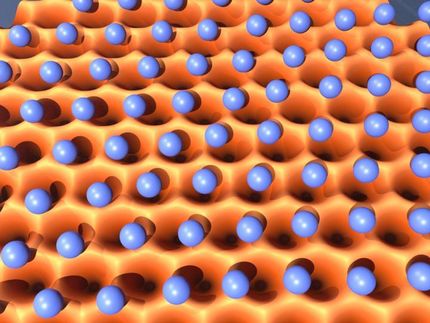Use of Therapeutic Monoclonal Antibodies Increasing in Europe
Despite high therapy costs and drug format limitations, the popularity of monoclonal antibodies (mAbs) is on the rise. Physicians are increasingly adopting mAbs because of their superior side effect profile, and continued research is expected to yield more innovative products. New analysis from Frost & Sullivan, European Therapeutic Monoclonal Antibody Markets, finds that the markets earned revenues of $7.9 billion in 2007 and estimates this to reach $22.2 billion in 2014.
“A strong R&D pipeline along with expanding applications of mAbs in new therapeutic and disease areas will accelerate market growth,” notes Frost & Sullivan Senior Research Analyst Arun A.K. “The increasing number of alliances between pharma and biotech companies will advance research and technological initiatives, a factor key to the continued expansion of the market.”
The financial success stories of top mAbs have attracted many companies and have resulted in mAbs being identified as a key growth area. Companies are relying on research to develop mAbs and associated technologies for commercial opportunities.
Market participants will however have to meet key challenges to take advantage of opportunities. Firstly, the public healthcare system is under tremendous pressure to support the therapy cost of mAbs. Due to their high costs, the target population for treatment is also likely to be limited. Moreover, the inherent challenges associated with development and manufacturing of mAbs is likely to remain high over the long term.
“High treatment costs and inherent limitations in the antibody format are constraining market expansion,” explains Arun. “The heightened focus on small molecule drugs will also challenge the growth of this market over the next five to seven years.”
Investing in research and moving manufacturing units to cheaper destinations will help overcome the high development costs associated with mAbs. Building a recognisable brand will enable companies to popularise mAbs and reduce the risk posed by alternate therapies in the future.
If you are interested in a virtual brochure, then send an e-mail using the contact button below.
Most read news
Other news from the department business & finance

Get the analytics and lab tech industry in your inbox
By submitting this form you agree that LUMITOS AG will send you the newsletter(s) selected above by email. Your data will not be passed on to third parties. Your data will be stored and processed in accordance with our data protection regulations. LUMITOS may contact you by email for the purpose of advertising or market and opinion surveys. You can revoke your consent at any time without giving reasons to LUMITOS AG, Ernst-Augustin-Str. 2, 12489 Berlin, Germany or by e-mail at revoke@lumitos.com with effect for the future. In addition, each email contains a link to unsubscribe from the corresponding newsletter.
Most read news
More news from our other portals
See the theme worlds for related content
Topic world Antibodies
Antibodies are specialized molecules of our immune system that can specifically recognize and neutralize pathogens or foreign substances. Antibody research in biotech and pharma has recognized this natural defense potential and is working intensively to make it therapeutically useful. From monoclonal antibodies used against cancer or autoimmune diseases to antibody-drug conjugates that specifically transport drugs to disease cells - the possibilities are enormous

Topic world Antibodies
Antibodies are specialized molecules of our immune system that can specifically recognize and neutralize pathogens or foreign substances. Antibody research in biotech and pharma has recognized this natural defense potential and is working intensively to make it therapeutically useful. From monoclonal antibodies used against cancer or autoimmune diseases to antibody-drug conjugates that specifically transport drugs to disease cells - the possibilities are enormous





















































